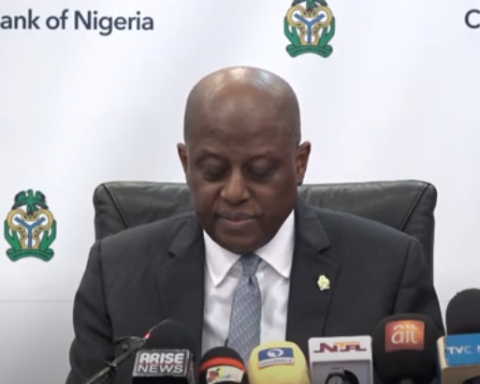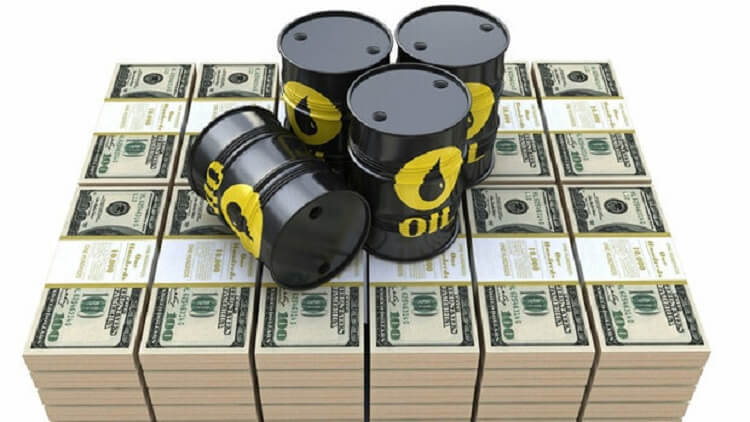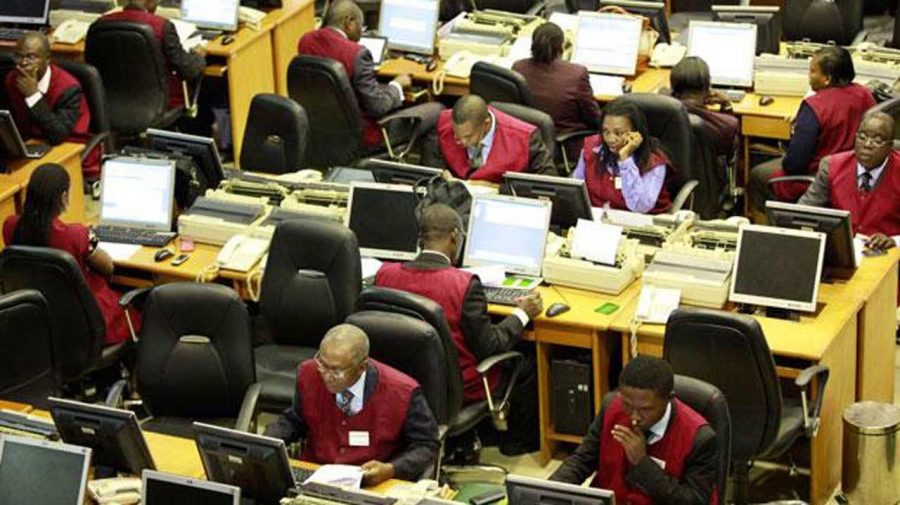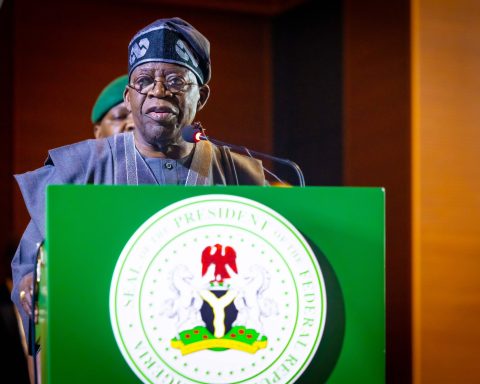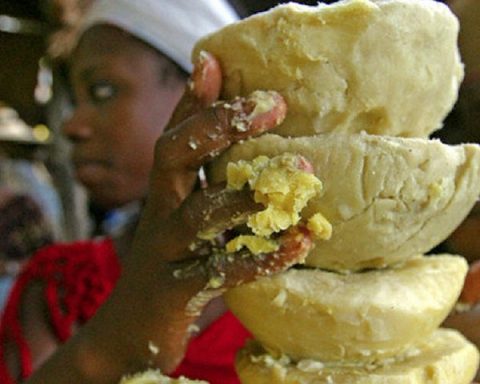Nigeria’s Central Bank, CBN, shed light on the drop of $950 million in the nation’s external reserves over 17 days, marking a notable economic shift in the country.
According to recent data from the CBN, the country’s foreign exchange reserves declined from $34.45 billion on March 18, 2024, to $33.50 billion by April 3, 2024. This decline contrasts sharply with the steady growth the reserves had been experiencing before.
Join our WhatsApp ChannelExplaining the reason behind this rapid decline, a spokesperson from the CBN stated, “The drop in external reserves can be attributed to the intensified efforts of the Central Bank aimed at defending the naira amidst prevailing economic challenges.”
Before this downturn, the reserves had seen a positive trajectory, witnessing a commendable 43-day surge from February 5 to March 18, 2024, during which it grew by $1.28 billion. Factors contributing to this growth included increased remittance payments from Nigerians abroad, heightened interest from foreign investors in local assets, and reforms in the foreign exchange market.
However, the situation took a turn after March 18, with the reserves gradually dwindling. The CBN’s active interventions in the foreign exchange market, particularly through the sale of dollars to maintain liquidity, are believed to have played a role in the decrease in reserves during this period.
READ ALSO: Nigeria’s External Reserves Decline By $520 Million In 5 Weeks, CBN Warns Of Economic Challenges
Over the 17 days in question, the CBN made two significant announcements regarding foreign exchange management. Firstly, it declared the complete clearance of the valid foreign exchange backlog. Secondly, it facilitated the sale of foreign exchange to Bureau De Change operators in Nigeria at an exchange rate of N1,251/$1.
The depletion of foreign exchange reserves raises concerns about Nigeria’s ability to meet its international obligations and could negatively impact investor confidence. The International Monetary Fund (IMF) has projected a further decline in reserves, forecasting it to plummet to $24 billion by 2024. IMF attributed this to various factors, including the absence of new Eurobond issuances, substantial repayments of existing funds, and continued portfolio outflows.
In response to these challenges, the federal government has announced plans to issue domestic bonds denominated in foreign currency in the second quarter of the year, specifically in June. Economists believe that this move could potentially stabilize the naira and the nation’s reserves, providing a glimmer of hope amidst the economic uncertainties.






